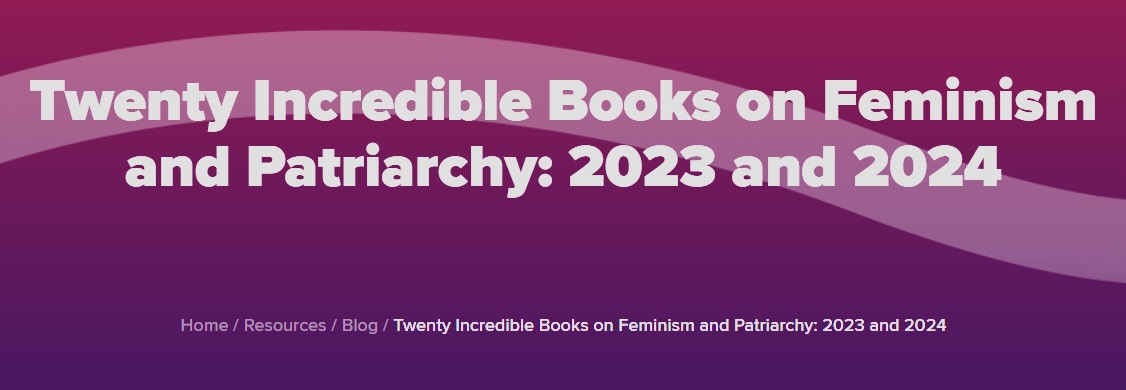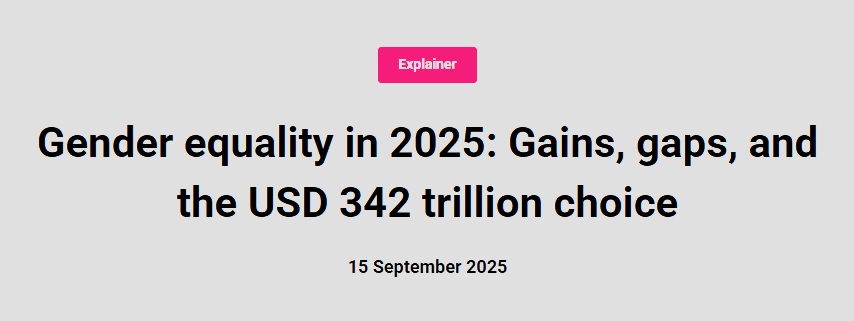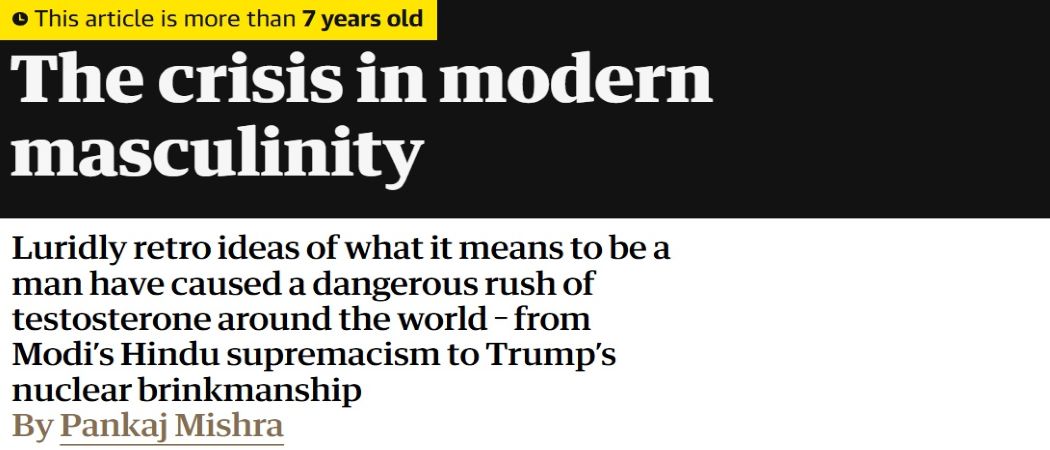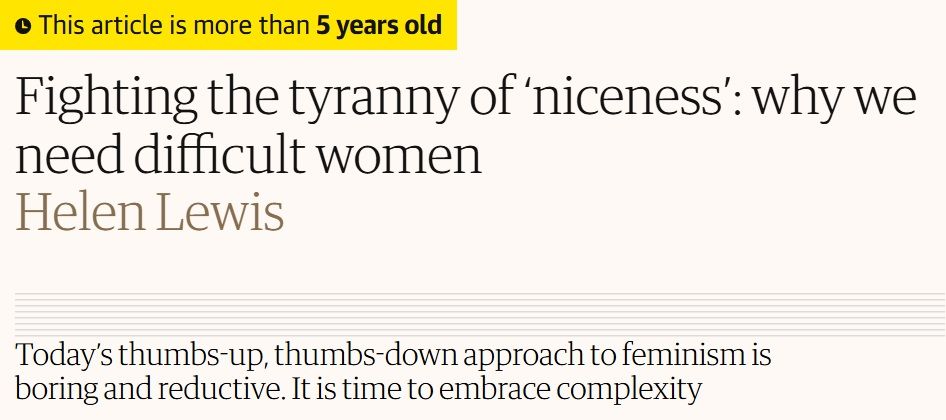Breaking Free: Why 'Equality' Is a Patriarchal Lie

New book 'Breaking Free' reveals how 'equality' is a racist, patriarchal ideal that keeps women and marginalized communities chasing an unattainable goal. True liberation requires not equality, but freedom.
Related Topics
The Illusion of Equality
Published in 2024, “Breaking Free: The Lie of Equality and the Feminist Fight for Freedom” presents a radical argument: the “equality” we’ve been pursuing is actually a trap.
Author Dr. Amelia Hruby argues that “equality” is a “racist, patriarchal ideal that perpetuates women’s and disenfranchised communities’ systemic oppression.” The book challenges the core assumptions of liberal feminism and calls for a more radical reimagining.
The Problem with Equality
1. Equal to Whom?
When we say women should be “equal,” we’re actually saying:
- Women should work like men
- Women should lead like men
- Women should compete in systems men created
- Women should meet standards men set
This ignores a crucial question: Why should men’s way be the standard?
2. Equality Reinforces Existing Systems
Pursuing equality means:
- Accepting capitalist exploitation (as long as women can be CEOs too)
- Maintaining racial hierarchies (as long as some women of color can rise)
- Preserving militarism (as long as women can fight too)
- Continuing environmental destruction (as long as women can lead polluting companies)
The Intersectional Critique
The Trap of White Feminism
The “equality” movement has historically centered white, middle-class women:
- 1920s: White women gained the vote while Black women remained disenfranchised
- 1960s: Women entered the workforce while women of color had always worked
- 2020s: Celebrating female CEOs while most women struggle on minimum wage
Global Perspective
From the Global South perspective, “equality” means:
- Joining systems that exploit other women
- Adopting Western definitions of success
- Abandoning community and collective values
- Participating in neocolonial structures
Freedom, Not Equality
Redefining Success
True liberation requires:
- Valuing care work: Recognizing the worth of traditionally “feminine” labor
- Community over competition: Building networks of mutual support
- Diversity over assimilation: Celebrating different ways of being and working
- Sustainability over growth: Questioning the logic of endless expansion
Concrete Examples
Workplace Transformation
Equality approach: “More female CEOs!” Freedom approach: “Why do we need CEOs? Let’s create cooperatives.”
Political Representation
Equality approach: “50% women in parliament!” Freedom approach: “Abolish hierarchical power structures, create participatory democracy.”
Economic Justice
Equality approach: “Equal pay for equal work!” Freedom approach: “Why is some work valued 100x more than other work?”
Historical Lessons
Failed Equality Movements
- Soviet “equality”: Women were “liberated” to do double work — factory and home
- Corporate feminism: Created a few privileged women, left most behind
- Lean-in feminism: Focused on “breaking glass ceilings” while ignoring “sticky floors”
Successful Freedom Movements
- Zapatista women: Creating autonomous communities that redefine power
- Kurdish women’s movement: Building democratic confederalism beyond nation-states
- Indigenous feminisms: Prioritizing land, community, and future generations
The Capitalist Critique
Equality Serves Capital
Capitalism loves “equality” because:
- It doubles the labor pool (suppressing wages)
- It creates new consumer markets
- It maintains competition over cooperation
- It individualizes systemic problems
Feminist Beyond Capitalism
True feminism must be anti-capitalist:
- Reject productivity cult: Value rest and care
- Challenge private property: Embrace commons
- Redefine work: Recognize all forms of labor
- Build alternatives: Create feminist economies
Practical Applications
Personal Level
- Question your definition of “success”
- Prioritize community over career advancement
- Practice radical self-care as resistance
- Refuse to compete with other women
Collective Level
- Build mutual aid networks
- Create cooperative businesses
- Organize transformative justice circles
- Develop feminist pedagogies
Political Level
- Demand universal basic income
- Fight for workplace democracy
- Push for land back movements
- Create care economies
Responding to Critics
”But We Need Practical Change!”
Freedom is more practical than equality:
- Equality keeps us chasing forever
- Freedom lets us create alternatives
- Equality reforms the system
- Freedom transforms it
”This Is Too Radical!”
Every real advance in history was once called “too radical”:
- Abolishing slavery
- Women’s suffrage
- 8-hour workday
- Marriage equality
The Urgency of 2024
Why Now?
- Climate collapse demands systemic change
- Democratic backsliding exposes reform’s limits
- The pandemic revealed equality’s hollowness
- Young generations demand real transformation
The Path Forward
Imagining Freedom
A feminist future of freedom looks like:
- A world where we don’t need to prove we “deserve” to survive
- Societies where care is valued over competition
- Economies where diversity thrives
- Politics where power is shared, not hoarded
Building the Movement
The shift from equality to freedom requires:
- Education: Understanding systemic oppression
- Organization: Building revolutionary communities
- Experimentation: Creating alternative ways of living
- Persistence: Long-term commitment to change
Conclusion: Choosing Freedom
“Breaking Free” reminds us that feminism isn’t about getting a seat at patriarchy’s table — it’s about flipping the table and building something new.
Equality is a lie because it asks us to compete within a system designed to oppress us. Freedom is the truth because it demands we create entirely new systems.
The question for 2024 isn’t “How can women be equal?” but “How can we all be free?”
The answer isn’t in climbing the ladder but in building new structures. Not in breaking ceilings but in tearing down the whole house. Not in demanding equality but in creating freedom.
The choice is ours to make.
Related Articles

Beijing+30: A Critical Moment for Global Women's Rights
2025 marks the 30th anniversary of the Beijing Declaration and Platform for Action. Despite progress, 24% of countries report backlash on gender equality, and 10% of women still live in extreme poverty. This is a critical moment to renew commitments.

The Crisis in Modern Masculinity
This article traces the historical evolution of modern masculinity, revealing the politicization and pathologization of the 'strong man' fantasy on a global scale, and critiques how patriarchy shapes oppressive roles for both men and women.

Fighting the Tyranny of 'Niceness': Why We Need Difficult Women
This article critiques the expectations of 'perfection' and 'likability' in contemporary feminism, calling for recognition of the complexity and contradictions within feminism, and embracing those 'difficult women' who are nonconformist, hard to categorize, but drive change.
Support Our Work
If this content has been helpful to you, please consider supporting us to continue curating quality feminist resources
☕ Buy me a coffeeComments & Discussion
Share your views and feelings about this article
Join the Discussion
Share your views and feelings about this article
Loading comments...